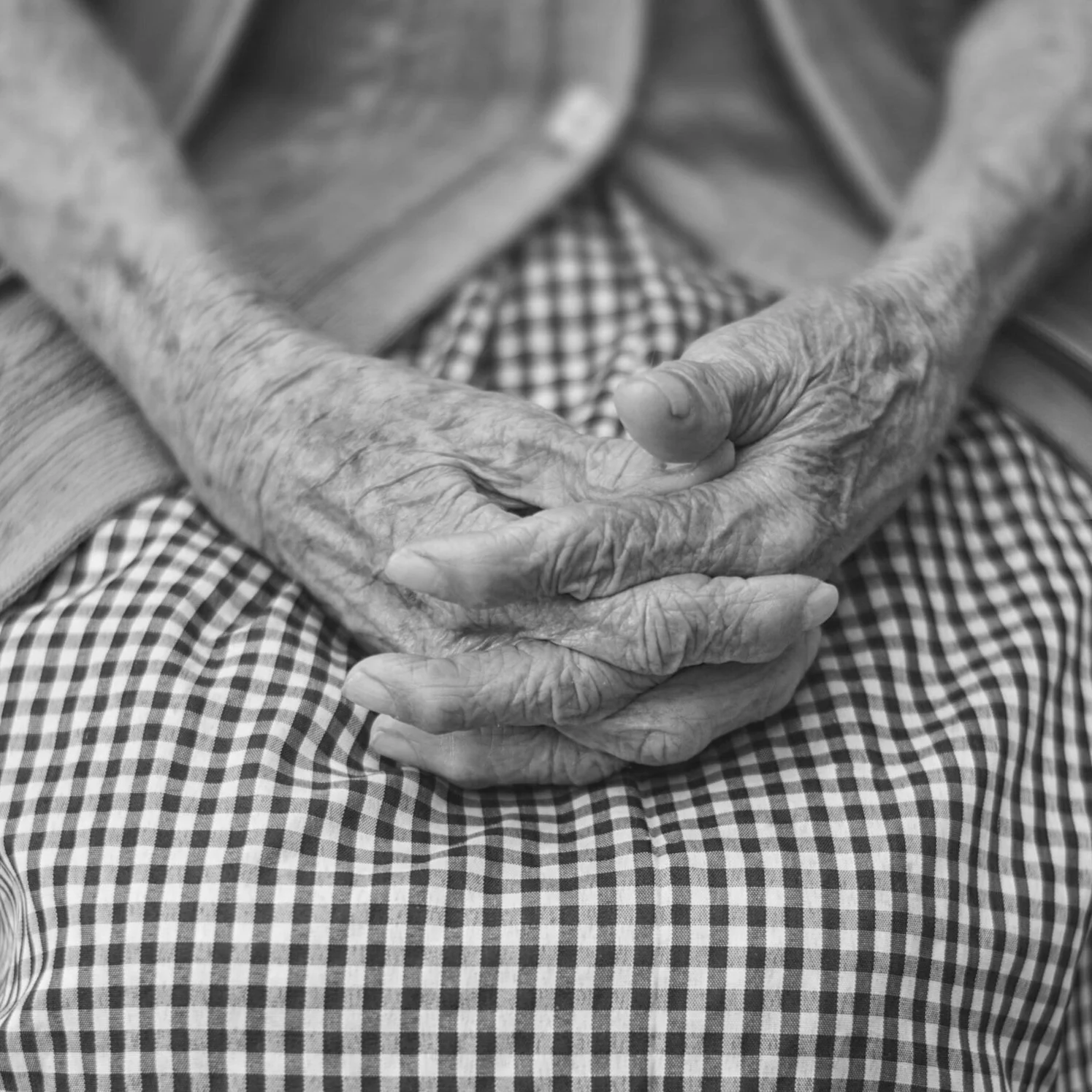
Negligence
When we make the difficult decision to place a loved one in the care of a nursing home or long-term care facility, we expect that facility to provide our loved ones with the level of care and respect they deserve. Sadly, this does not always happen. For a variety of reasons, nursing home neglect can and does occur in facilities throughout the United States.
What Constitutes Neglect in a Nursing Home?
Neglect in a nursing home refers to a failure on the part of the staff or caregivers to provide adequate care and attention to residents, resulting in harm, injury, or a decline in their physical, emotional, or mental well-being.
Types of Nursing Home Neglect
Nursing home neglect can manifest in various forms, including the following:
Neglect of Basic Needs: Failing to provide residents with proper nutrition, hydration, hygiene, and assistance with activities of daily living (such as bathing, dressing, and toileting).
Medical Neglect: Not administering medication as prescribed, delaying medical treatment, or ignoring residents' medical needs.
Emotional Neglect: Ignoring residents' emotional needs, social isolation, or neglecting their emotional well-being.
Neglect of Personal Safety: Not ensuring a safe environment, which may lead to slip and falls, improper use of restraints, or other accidents.
Hygiene Neglect: Failing to maintain a clean and sanitary living environment, leading to unsanitary conditions and increased risk of infections.
Social Neglect: Ignoring residents' social needs and not providing opportunities for engagement and social activities.
Financial Neglect: Exploiting or mismanaging residents' finances or property for personal gain.
Signs of Nursing Home Neglect
Nursing home negligence can, and does, take many forms. As a result, it can have many signs. It’s important that you are aware of these signs — an elderly individual may be unable to recognize when neglect is happening or they may be unable to speak up themselves.
Signs of nursing home negligence include:
Unexplained cuts, bruises, and other injuries
Unexplained changes in mood or behavior
Agitation
Signs of physical/chemical restraint
Under- and over-medication (including overdose)
Poor staff-to-resident ratio
Unclean premises
Soiled clothing or bedsheets
Delayed medical treatment
Medication errors
Seeming unwillingness to speak in front of nursing home staff
What is Gross Negligence?
Gross negligence is a serious form of negligence. It shows a complete lack of care that implies recklessness or willful disregard for safety and human life. Gross negligence in nursing homes should never be ignored as it can lead to very serious consequences that result in death.
“Duty of Care” Gross Negligence
There is never an excuse for gross nursing home negligence. These facilities have a responsibility to care for their residents and provide for their basic needs. Failing to do so is not only morally wrong, but it is also unlawful. Victims and their loved ones can seek legal recourse, justice, and financial recovery by filing nursing home neglect claims.
Fight Against Nursing Home Negligence
Our job is to fight for justice against nursing home abuse and neglect across the country. We work to prove negligence by establishing that the party had a duty of care and that a breach of this care was made by the negligent party. We believe it is the nursing home’s obligation to keep all of its patients safe and reasonably healthy.
To bring a nursing home negligence case, we work to prove the following elements:
The person/party owed a duty of care
That duty of care was breached
As a result, an individual was injured, harmed, or died
By proving each of these elements, we have been able to successfully recover compensation on behalf of neglected seniors and their families across the U.S. in complex nursing home negligence cases.

